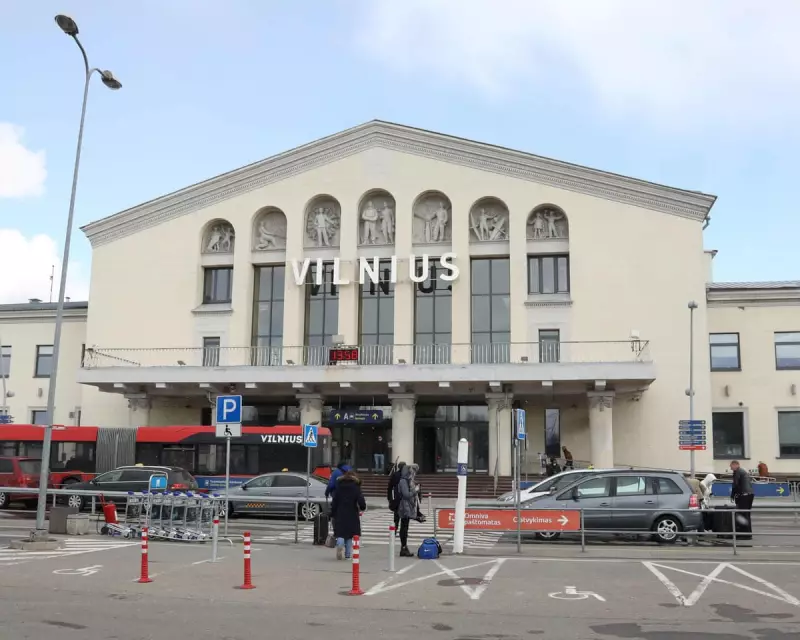
In a significant escalation of regional tensions, Lithuania has taken the decisive step of closing its airspace to all aircraft from Russia and Belarus. The move comes amid growing security concerns and represents one of the most substantial border restrictions implemented by a NATO member state in recent months.
Diplomatic Earthquake: Orban's Vatican Visit
Meanwhile, Hungarian Prime Minister Viktor Orban's surprise visit to the Vatican has sent shockwaves through European diplomatic circles. His meeting with Pope Francis, occurring against the backdrop of Lithuania's airspace closure, has raised eyebrows among EU leaders who view Orban's foreign policy initiatives with increasing suspicion.
The timing of these parallel developments creates a complex geopolitical puzzle. As Lithuania strengthens its defensive posture, Orban's independent diplomatic manoeuvring threatens to undermine European unity at a critical moment.
Regional Security Implications
The airspace closure effectively severs another transportation link between the EU and the Eastern nations, with potential consequences for:
- Regional trade and transportation networks
- Diplomatic communication channels
- Civil aviation and passenger travel
- Broader EU-Russia relations
European Division Deepens
Orban's Vatican engagement, conducted without consultation with EU partners, highlights the growing fractures within the European political landscape. The Hungarian leader's independent foreign policy initiatives continue to challenge the bloc's attempts to present a united front on international matters.
European officials are reportedly monitoring both situations closely, concerned that these simultaneous developments could signal a new phase in the continent's ongoing security and diplomatic challenges.
The convergence of Lithuania's security decision and Orban's diplomatic activities creates a perfect storm of geopolitical tension, testing European solidarity and strategic coordination at a time when unity is most needed.





